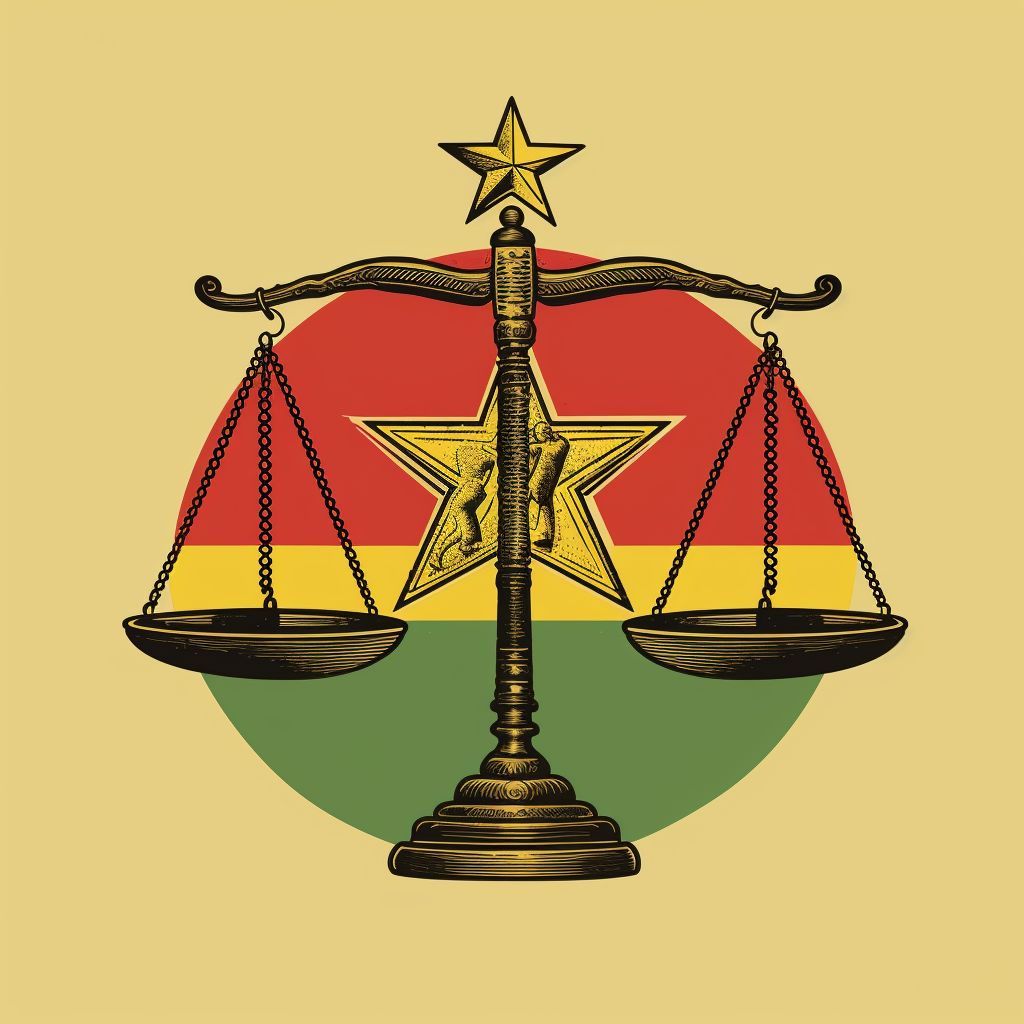In recent times, the Full Court, Gauteng Division, Pretoria, has delivered judgments that have placed the future of Zimbabwean exemption permits on the balance. The legal battle surrounding this immigration issue has brought to light the complexities and implications of these decisions.
Two Key Judgments
The two judgments in question are the Helen Suzman Foundation v Minister of Home Affairs and the Zimbabwe Immigration Federation v Minister of Home Affairs and Others. These cases place the Minister of Home Affairs under scrutiny. In response, the Minister has taken legal advice and plans to challenge these judgments, citing several reasons.
Points of Contention
One of the key points of contention relates to the applicability of sections three and four of the Promotion of Administrative Justice Act, especially the requirement for public participation when making decisions affecting a specific group of people. In this case, this group is the affected Zimbabwean nationals. According to the Minister, this finding by the court is “highly questionable.”
Another aspect that raises eyebrows is the notion that the Minister’s decision not to extend Zimbabwean exemptions involved a weighing of policy considerations, which should fall within the Executive’s domain. This situation brings to the forefront the sacrosanct principle of separation of powers, which the Minister believes is another strong ground for appeal.
The Minister is also challenging the interim interdict granted to the Zimbabwean Immigration Federation, questioning its purpose. Notably, since the decision not to extend the Zimbabwean exemptions, the Minister has issued directives ensuring that the affected Zimbabwean nationals continue to enjoy the protections provided by these directives. Moreover, no cases of deportation or threats against Zimbabwean nationals have been reported thus far.
Response of Affected Zimbabwean Nationals
As the legal proceedings continue, many affected Zimbabwean nationals have taken matters into their own hands by applying for other visas and waivers in large numbers under the Immigration Act 13 of 2002. This development highlights the resilience and resourcefulness of the Zimbabwean people in navigating the complexities of South Africa’s immigration system.
Minister’s Response
In light of these recent events, the Minister has already instructed legal representatives to launch an application for leave to appeal against the judgments and orders of the court without further delay.
Implications
The Zimbabwean exemption permit issue is not just a matter of immigration; it is a story that delves into the heart of human rights, diplomacy, and the complexities of balancing national interests with the needs of those seeking a better life. While the legal proceedings may eventually come to an end, the indelible mark left on the lives of countless Zimbabwean nationals will remain a testimony to the intricate dance between justice and policy in South Africa.








